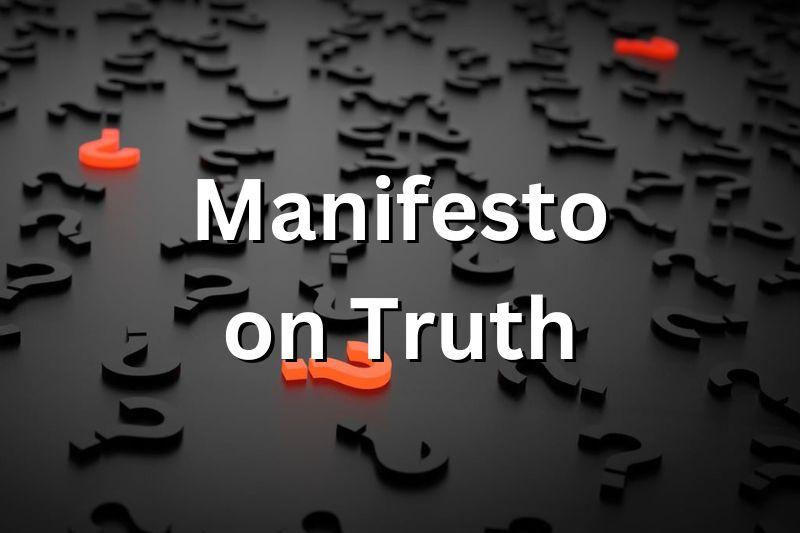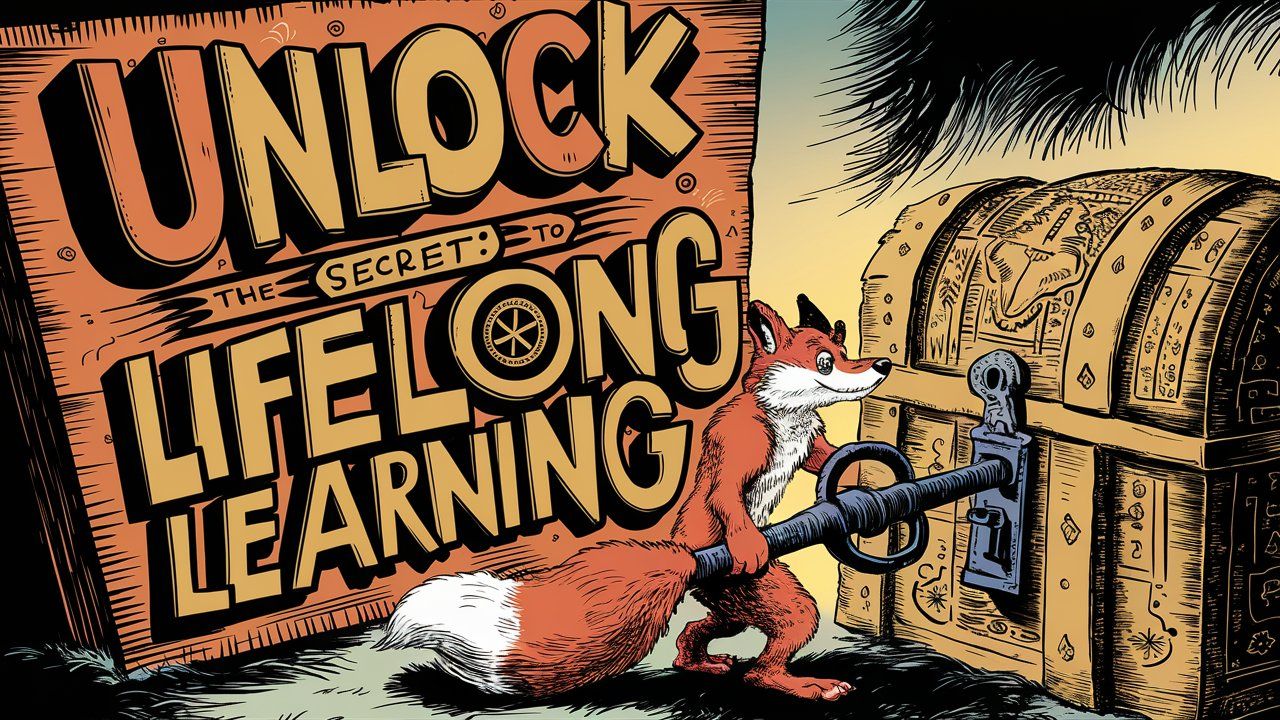 A manifesto on truth must begin by acknowledging that there is no single, absolute truth that applies to all people in all situations. Truth is a complex and multifaceted concept that can take many different forms and meanings depending on the context in which it is being considered.
A manifesto on truth must begin by acknowledging that there is no single, absolute truth that applies to all people in all situations. Truth is a complex and multifaceted concept that can take many different forms and meanings depending on the context in which it is being considered.
At its core, truth is a fundamental aspect of our existence. It is the foundation upon which we build our understanding of the world around us and our place within it. Without truth, we would be lost, unable to distinguish between what is real and what is not, unable to make sense of the world and our experiences within it.
Truth is not a fixed or static concept, but rather something that is understood and experienced in many different ways. Share on XHowever, the concept of truth is not fixed or static. It is constantly evolving and changing as our understanding of the world grows and deepens. Our understanding of truth evolves and changes over time and space.
 In addition, truth is not always simple or straightforward. It can be complex and nuanced, requiring careful consideration and thought to fully understand. It is also often subjective, with individuals and groups having their own unique perspectives and interpretations of what is true.
In addition, truth is not always simple or straightforward. It can be complex and nuanced, requiring careful consideration and thought to fully understand. It is also often subjective, with individuals and groups having their own unique perspectives and interpretations of what is true.
Therefore, a manifesto on truth must recognize that truth is a dynamic and ever-changing concept that cannot be reduced to a single, universal definition. Instead, it must be understood as a complex and multifaceted concept that is shaped by the context in which it is considered, as well as the unique perspectives and experiences of those who are seeking to understand it.
A manifesto on truth must begin by acknowledging that there is no single, absolute truth that applies to all people in all situations. Share on XIn order to truly embrace the truth, we must be willing to engage in open and honest dialogue with others, listening to their perspectives and experiences, and considering their insights and ideas.
We must also be willing to challenge our own beliefs and assumptions, constantly seeking to deepen our understanding of what is true and remaining open to new ideas and perspectives.
 In short, a manifesto on truth must recognize that truth is not a fixed or static concept but rather a dynamic and ever-evolving aspect of our existence that requires ongoing exploration, dialogue, and reflection. It is only by embracing this complexity and nuance that we can truly come to understand the world around us and our place within it.
In short, a manifesto on truth must recognize that truth is not a fixed or static concept but rather a dynamic and ever-evolving aspect of our existence that requires ongoing exploration, dialogue, and reflection. It is only by embracing this complexity and nuance that we can truly come to understand the world around us and our place within it.
Truth is a complicated idea with many different parts that can’t be summed up in a single, universal definition. This means that there are many different ways in which we can think about and understand truth.
For example, one way to approach truth is through the lens of empirical evidence and scientific inquiry. From this point of view, the truth is based on facts and data that can be seen and can be checked by careful observation, experimentation, and analysis.
This approach is often used in fields such as physics, chemistry, and biology, where the goal is to understand the natural world and develop theories and models that accurately describe it.
At its core, truth is a fundamental aspect of our existence. It is the foundation upon which we build our understanding of the world around us and our place within it. Share on XAnother way to approach truth is through the lens of personal experience and subjective interpretation. From this point of view, truth is not based on evidence from the outside world, but on what each person thinks and feels. This method is often used in art, literature, and philosophy, where the goal is to understand what it’s like to be human and figure out what our lives mean.
 In addition to these two broad perspectives, there are also many other ways in which we can think about and understand truth.
In addition to these two broad perspectives, there are also many other ways in which we can think about and understand truth.
For example, some people may approach truth from a religious or spiritual perspective, seeing it as something that is revealed through divine revelation of spiritual experiences. Others may look at truth from a social or political point of view and see it as something that is shaped by the norms, values, and beliefs of a certain society or culture.
Truth is a complicated idea with many different parts that can’t be summed up in a single, universal definition. This means that there are many different ways in which we can think about and understand truth. Share on XThe point is that truth is not a fixed or static concept, but rather something that is understood and experienced in many different ways. As a result, a manifesto about truth must acknowledge the complexity and variety of truth and be willing to look at it from different points of view. Only by doing so can we truly come to understand the world around us and our place within it.
Truth is not always simple or straightforward. It can be complex and nuanced, requiring careful consideration and thought to fully understand. Share on X



